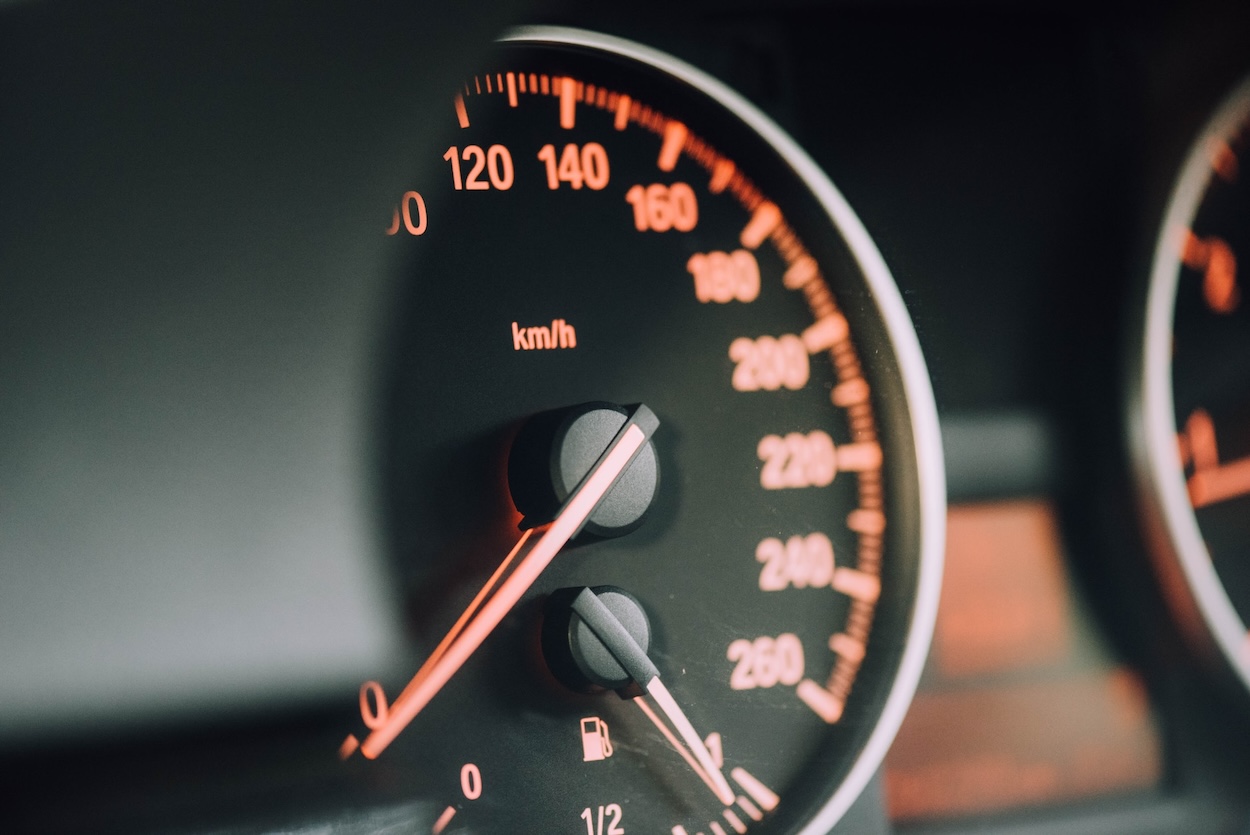Car collisions are sudden and often traumatic events that can leave individuals feeling disoriented and vulnerable. In the aftermath of a collision, it’s crucial to navigate through the chaos and take specific actions that can make a significant difference in ensuring safety, well-being, and legal clarity. From the initial shock of impact to the aftermath of a crash, knowing what steps to take can be a beacon of light amidst the wreckage. This article will guide you through the critical actions to be taken after a car collision, transforming a chaotic situation into a pathway towards relief.
Immediate Safety Measures
The immediate aftermath of a car collision is a critical moment where split-second decisions can have lasting consequences. The priority is ensuring safety for everyone involved. If possible, move vehicles to the side of the road to prevent further accidents or obstructions. Activate hazard lights and, if available, set up warning triangles. Check for injuries and call emergency services promptly. While waiting for help, exchange essential information with the other parties involved, such as names, contact details, and insurance information.
In cases of severe injuries or suspicions of internal damage, it’s crucial to avoid moving individuals unless necessary. Remaining calm and focused during this chaos lays the groundwork for the relief that follows.
Documenting the Scene
Once immediate safety concerns have been addressed, meticulous documentation of the scene is crucial. Use your smartphone or a camera to capture images of the vehicles involved, the overall scene, and any visible damages. Note the positions of the vehicles, traffic signals, and road conditions. This visual evidence can be invaluable for insurance claims and legal proceedings.
Additionally, take note of any witness contact information and statements, as their accounts can provide critical perspectives. In the age of technology, documenting the scene goes beyond photographs. Utilize voice memos to record your immediate thoughts and observations, creating a real-time record of your experience. This detailed documentation becomes a bridge to relief, providing a solid foundation for insurance claims and legal processes.
Seeking Professional Assistance
In the aftermath of a car collision, seeking professional assistance is a key step toward relief. Contact your insurance company as soon as possible to report the incident and initiate the claims process. Even if you believe the collision was minor, it’s essential to inform your insurer to avoid potential complications later on. Consult with a medical professional to assess and address any injuries, no matter how minor they may seem initially. Injuries sustained in a collision may not manifest symptoms immediately, and early medical intervention can prevent complications down the line.
Additionally, seeking legal advice is advisable, especially if fault and liability are in question. A legal professional can guide you through the complexities of the aftermath, ensuring your rights are protected and advocating for the relief you deserve.
The Role of Car Accident Attorneys
Navigating the aftermath of a car collision can be complex, especially when legal intricacies come into play. Car accident attorneys play a crucial role in providing expert guidance and representation. If the collision involves disputes over liability, severe injuries, or potential legal action, consulting with a car accident attorney becomes paramount.
These legal professionals specialize in understanding the nuances of car accident cases, helping individuals navigate the legal landscape with clarity. From negotiating with insurance companies to representing clients in court, car accident attorneys in Atlanta or any other place ensure that the pursuit of relief is backed by legal expertise. Including them in the process adds an extra layer of assurance, connecting the immediate actions taken after a collision to the broader scope of legal resolution and comprehensive relief.
Coping with Emotional Impact
Beyond the physical damage and legal complexities, car collisions often leave individuals grappling with emotional trauma. Coping with the emotional impact is a critical aspect of the aftermath. It’s not uncommon for those involved in a collision to experience shock, anxiety, or even symptoms of post-traumatic stress. Seeking support from mental health professionals, friends, or support groups can provide an avenue for emotional relief. Acknowledging and addressing the emotional toll of a car collision is as essential as attending to the physical and legal aspects, creating a holistic approach toward overall well-being.
Understanding Insurance Coverage
Understanding the intricacies of insurance coverage is a fundamental step toward relief after a car collision. Review your insurance policy to comprehend the extent of coverage and the specific details about collisions. Familiarize yourself with deductibles, coverage limits, and any additional features that may come into play. This knowledge empowers you when communicating with insurance companies, ensuring that you are well informed about your entitlements and rights.
Additionally, consider exploring additional coverage options that might provide enhanced protection in future scenarios. A comprehensive understanding of insurance coverage is a key element in the journey from wreckage to relief.

Post-Collision Vehicle Assessment
Even after the immediate aftermath, it’s crucial to assess the condition of your vehicle post-collision. Beyond the visible damages, have a professional mechanic conduct a thorough inspection to identify any hidden issues that may have arisen due to the impact. Undetected mechanical problems can lead to long-term complications and compromise the safety of the vehicle. This proactive approach not only ensures the longevity of your vehicle but also contributes to overall relief by preventing potential future breakdowns or accidents related to undiagnosed issues. A post-collision vehicle assessment is a prudent step toward complete resolution after the initial shock of a car collision.
Exploring Alternative Transportation Options
In the aftermath of a car collision, it’s not uncommon for your vehicle to be temporarily out of commission. In such situations, exploring alternative transportation options becomes a practical necessity. Whether it’s arranging for a rental car through your insurance coverage or relying on public transportation, having a backup plan ensures that your daily life isn’t completely disrupted. This step adds a layer of practicality to the journey from wreckage to relief, allowing you to maintain a semblance of normalcy while your vehicle undergoes repairs. Moreover, it emphasizes the importance of adaptability in the face of unexpected challenges, showcasing how a well-thought-out plan for alternative transportation contributes to a smoother transition during the recovery process.
In the aftermath of a car collision, the journey from wreckage to relief involves a series of deliberate and informed actions. Immediate safety measures set the stage, documenting the scene builds the case, and seeking professional assistance brings expertise to navigate the complexities. Car accident attorneys offer legal support, cope with the emotional impact, acknowledge the holistic toll, and understand insurance coverage empowers individuals, and a post-collision vehicle assessment ensures long-term safety.
By seamlessly integrating these steps, individuals can navigate the aftermath of a car collision with resilience, transitioning from chaos to relief through a comprehensive and strategic approach. Remember, each action taken is a step closer to not just recovery but a sense of closure and peace of mind.

